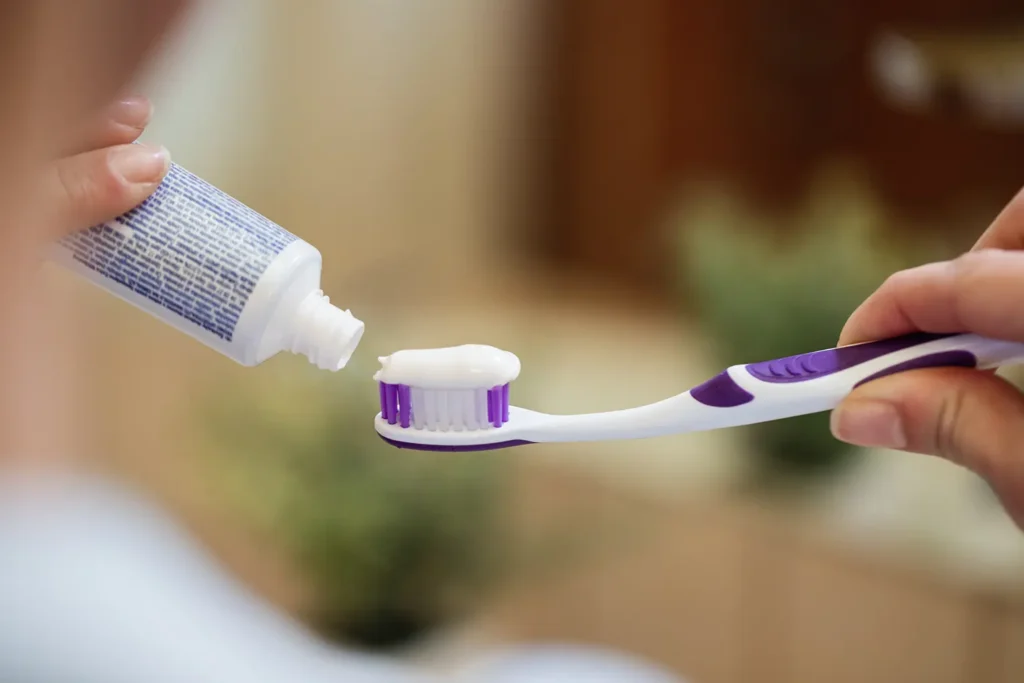Dental hygiene is a crucial aspect of maintaining overall health and well-being. At Big Sky Family Dental, we believe that understanding what dental hygiene is and how to improve it can significantly enhance your quality of life. We will explore the importance of dental hygiene, define what it is, and provide practical tips on how to improve it to prevent common dental problems.
What is Dental Hygiene?
Dental hygiene refers to the practices involved in maintaining the health of your teeth, gums, and the entire oral cavity. This includes regular activities such as brushing, flossing, and professional dental cleanings. Dental hygiene is not just about keeping your mouth clean; it’s about preventing dental diseases and conditions that can affect your overall health.
Key Components of Dental Hygiene
Brushing:
- Brushing your teeth at least twice a day with fluoride toothpaste helps remove food particles and plaque, a sticky film of bacteria that forms on your teeth. It is essential to use a toothbrush with soft bristles and to brush all surfaces of your teeth and along the gumline.
Flossing:
- Flossing daily removes plaque and food particles from between your teeth and under the gumline, areas where a toothbrush cannot reach. Regular flossing helps prevent gum disease and cavities.
Mouthwash:
- Using an antimicrobial or fluoride mouthwash can help reduce plaque and prevent tooth decay and gum disease. Mouthwash can also help control bad breath.
Professional Cleanings:
- Visiting your dentist at Big Sky Family Dental for regular check-ups and cleanings is vital. Professional cleanings remove hardened plaque (tartar) that cannot be removed by brushing and flossing alone.
Diet and Lifestyle:
- A healthy diet low in sugary and acidic foods and drinks can help prevent tooth decay. Drinking plenty of water and avoiding tobacco products also contribute to better oral health.
How Can I Improve My Dental Hygiene?
Improving dental hygiene involves adopting consistent and effective oral care practices. Here are some practical tips on how to enhance your routine:
Use the Right Tools:
- Invest in a good quality toothbrush with soft bristles and replace it every three to four months. Consider using an electric toothbrush, which can be more effective at removing plaque.
Brush Properly:
- Brush for at least two minutes, ensuring you cover all surfaces of your teeth. Use a circular motion and be gentle to avoid damaging your gums. Don’t forget to brush your tongue to remove bacteria and freshen your breath.
Floss Correctly:
- Use about 18 inches of floss, winding most of it around your middle fingers and leaving about an inch to work with. Gently slide the floss between your teeth and curve it around each tooth in a C-shape to ensure you reach beneath the gumline.
Rinse with Mouthwash:
- Choose a mouthwash that meets your specific needs, whether it’s to fight plaque, freshen breath, or provide extra fluoride protection. Rinse for 30 seconds after brushing and flossing.
Stay Hydrated:
- Drinking water helps wash away food particles and bacteria. It also keeps your mouth moist, which is essential for preventing dry mouth, a condition that can increase the risk of tooth decay.
Maintain a Healthy Diet:
- Eat a balanced diet rich in fruits, vegetables, lean proteins, and whole grains. Limit your intake of sugary snacks and drinks, which can contribute to tooth decay.
Regular Dental Visits:
- Schedule regular check-ups and cleanings with your dentist at Big Sky Family Dental. These visits are crucial for detecting and addressing any dental issues early on.

The Benefits of Good Dental Hygiene
Practicing good dental hygiene has numerous benefits beyond just having a clean mouth. Here are some of the key advantages:
Prevention of Dental Problems:
- Good dental hygiene helps prevent common dental issues such as cavities, gum disease, and bad breath. By removing plaque and bacteria, you reduce the risk of tooth decay and gum infections.
Better Overall Health:
- Poor oral health has been linked to various systemic conditions, including heart disease, diabetes, and respiratory infections. Maintaining good dental hygiene can contribute to better overall health and reduce the risk of these conditions.
Enhanced Appearance:
- Clean, healthy teeth and gums contribute to a more attractive smile. Good dental hygiene helps prevent stains, plaque buildup, and gum disease, ensuring your smile looks its best.
Improved Confidence:
- A healthy mouth can boost your self-confidence and make you feel better about your appearance. Good dental hygiene can help you feel more comfortable in social and professional settings.
Cost Savings:
- Preventive care is generally less expensive than restorative treatments. By maintaining good dental hygiene, you can avoid costly dental procedures such as fillings, crowns, and root canals.
Common Dental Problems and How Dental Hygiene Can Prevent Them
Understanding common dental problems and how dental hygiene can prevent them is crucial for maintaining a healthy mouth. Here are some common issues and how proper dental hygiene can help:
Cavities:
- Cavities, or tooth decay, occur when plaque forms on your teeth and produces acids that erode the enamel. Regular brushing, flossing, and limiting sugary foods can prevent cavities.
Gum Disease:
- Gum disease, including gingivitis and periodontitis, is caused by the buildup of plaque along the gumline. Good dental hygiene, including brushing, flossing, and professional cleanings, can prevent and manage gum disease.
Bad Breath:
- Bad breath, or halitosis, can result from poor oral hygiene, gum disease, or dry mouth. Regular brushing, flossing, and using mouthwash can help keep your breath fresh.
Tooth Sensitivity:
- Tooth sensitivity can be caused by worn enamel, gum recession, or cavities. Good dental hygiene practices, including using fluoride toothpaste and avoiding acidic foods, can help prevent sensitivity.
Tooth Loss:
- Severe gum disease and tooth decay can lead to tooth loss. Maintaining good dental hygiene and regular dental visits can help prevent these conditions and preserve your natural teeth.
Big Sky Family Dental’s Commitment to Your Oral Health
At Big Sky Family Dental, we are committed to helping you achieve and maintain excellent oral health. Our team of experienced dental professionals provides comprehensive dental care, including preventive services, restorative treatments, and patient education.
Conclusion
Good dental hygiene is essential for maintaining a healthy mouth and overall well-being. By understanding what dental hygiene is and following practical tips to improve it, you can prevent common dental problems and enjoy the numerous benefits of a healthy smile.
At Big Sky Family Dental, we are dedicated to providing the highest quality dental care and education to help you achieve optimal oral health. Schedule your next appointment with us today and take the first step towards a healthier, happier smile.


